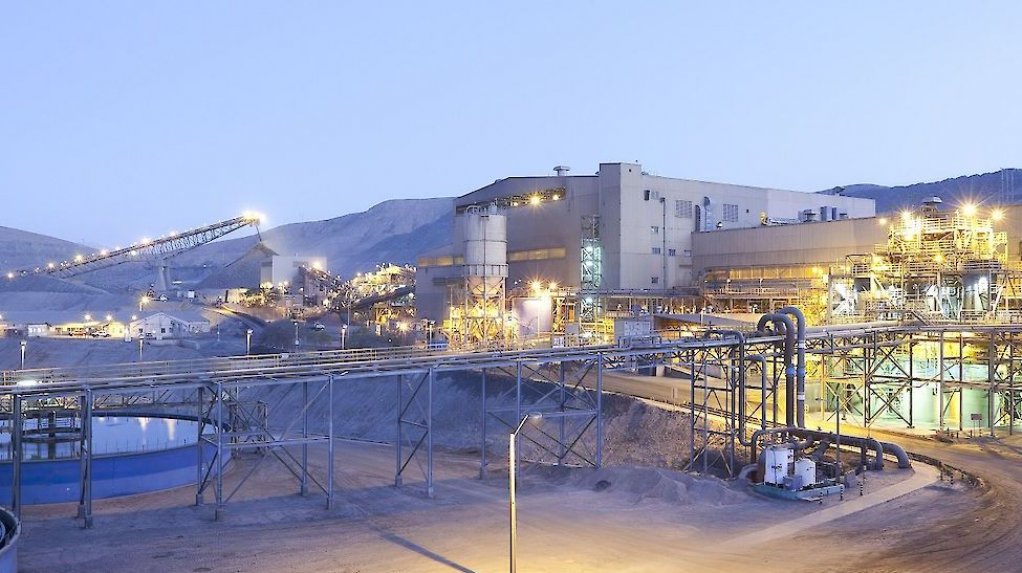
Lundin Mining, which recently spent $1-billion upgrading its copper operation in Chile, will monitor potential rule changes in the country before proceeding with an estimated $500-million underground expansion there, said chairperson Lukas Lundin. Across the Andes in San Juan, the Swedish-Canadian group is in talks with Argentine officials about a multibillion-dollar copper/silver/gold project.
The prospect of a more onerous operating environment in Chile is giving the industry pause just as the world is clamoring for more copper in a nascent green-energy transformation. For Lundin, it comes as the company wraps up studies into an underground expansion.
“We’re going to wait and see before we put too much money into it and I’m sure everybody else is doing the same,” Lundin said in an interview Tuesday. “If there is too much uncertainty in the next year, year and a half, obviously we won’t push the button.”
The regulatory headwinds in Chile stem from efforts to address lingering inequalities that spurred the worst social unrest in a generation. Tensions have been exacerbated by the pandemic and record-high copper prices. To be sure, the constitutional process will last a year and foreign mining companies have stability agreements that protect them from tax changes through at least 2023.
“Countries want higher income, I understand that,” Lundin said. “But if you tax too much it’s very hard to reinvest again.”
‘SPECTACULAR’ RESULTS
In Argentina, the group whose stakes in mining and energy businesses around the world total about $4.3-billion, is looking to develop deposits that have just generated “some spectacular drill results,” Lundin said.
The group’s Josemaria Resources Inc., led by Lukas’ son Adam, is negotiating terms with authorities after submitting an environmental and social impact assessment in February. Another Lundin unit is drilling the Filo del Sol deposit. The larger of the two San Juan projects would be at least as big as Lundin’s Candelaria mine in Chile and would cost $4-billion to $5-billion to build, he said. Argentine officials are “keen” for the project to move forward, he said.
Lundin knows Argentina well. He was responsible for the discovery of the giant Veladero deposit now operated by Barrick Gold.
He’s also led plenty of mergers and acquisitions over the years. But even though there’s limited scope for copper producers to accelerate expansions of existing operations, neither are there many vehicles to consolidate right now.
“If something makes sense, we’ll definitely look at it but I don’t see that much M&A happening,” he said.
Limited supply growth opportunities and long lead times for new mines are part of the reason why Lundin says the copper up-cycle could go on for another decade.
Still, he doesn’t want prices to get too high given the demands that could generate. “If the price is like this or a bit lower it’s very good for the industry to give stability and the fire-power to put new projects into production.”


